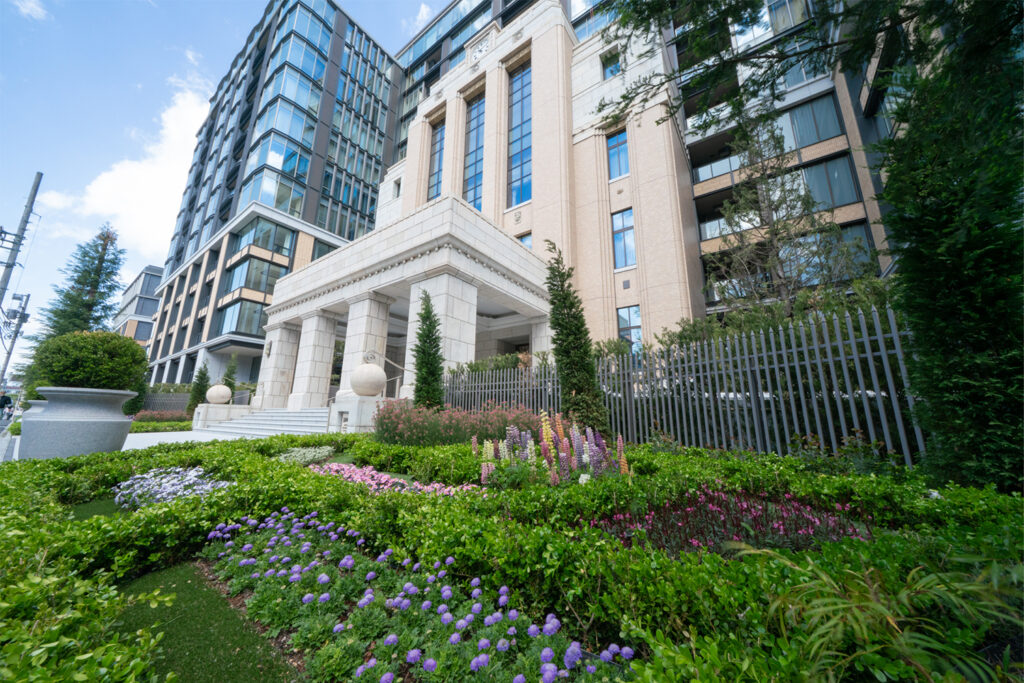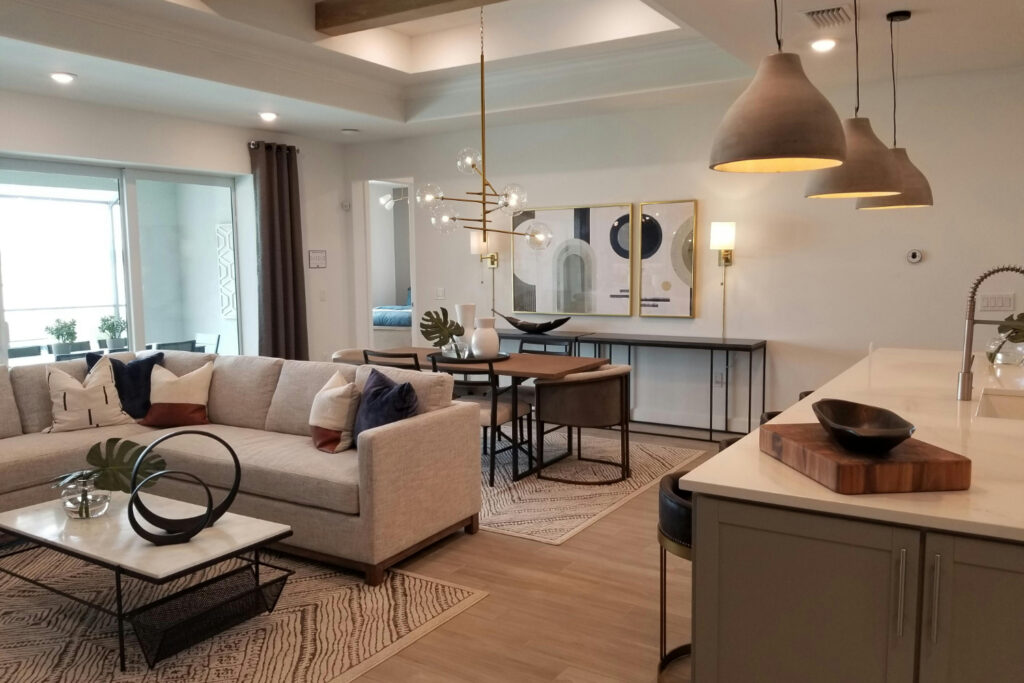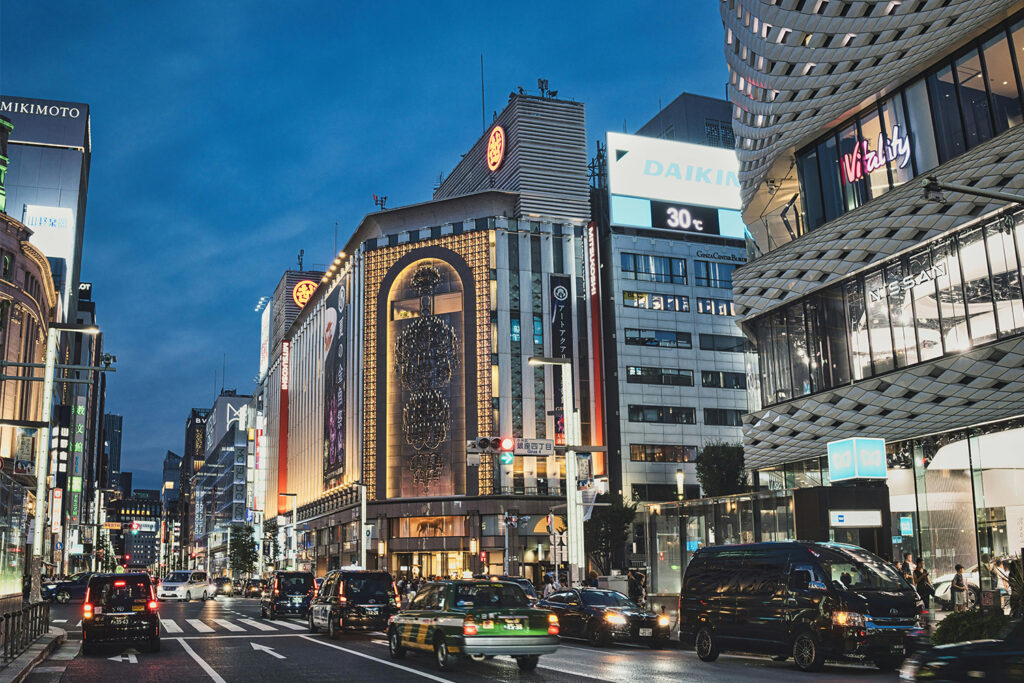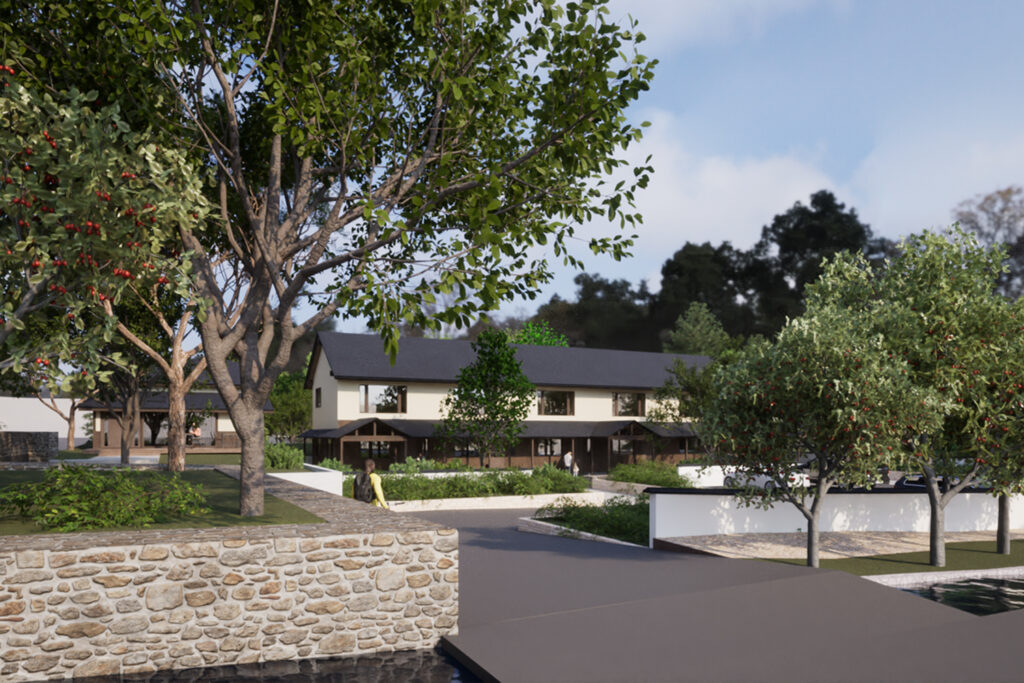This article was originally published in Housing Japan Magazine, Spring 2020 edition.
How can Japan maximise its bounty of treasures and traditions?
Housing Japan Talks to Shohei Sekido & Spa Wellness Consulting.
Despite being infamous for its culture of overwork and mental health being a taboo, the Japanese are still generally perceived as leading the way in beauty, longevity and mindfulness.
As such, Japan is perfectly poised to be on the world stage as a wellness destination for a number of reasons. One such reason is that the Japanese are world-renowned for having good health, slim physiques, beautiful skin, and for living and eating with mindfulness. Japan is also known for its mineral-rich hot springs and its bathing culture, which is seen as a form of relaxation, connection and community that the Japanese enjoy as a daily part of life. With the growing popularity that surrounds the eastern philosophies as holding value for one’s daily life, many Westerners are seeking wisdom in the spiritual traditions of Buddhism, mindfulness and Zen, alongside other eastern traditions such as yoga, Ayurveda and traditional Chinese medicine.
Wellness that encompasses mental health, quality rest and life skills to meet the demands of the work culture in Japan could be extremely positive for Japanese people who are seeking an experience of wellness that blends both Japanese aspects of wellness with the modalities of the West. Here we speak with Shohei Sekido and the team from Spa Wellness Consulting.

What do you see as the biggest positives and greatest challenges in Japan promoting itself to inbound travellers as a wellness destination?
Japan is a country of great interest due to its intact culture and traditions that have stood the test of time. Drawing on its reputation as an innately healthy country provides Japan with a unique and positive advantage in marketing itself as a wellness destination.
I see the greatest challenge might be in promoting wellness to Japanese people who may not understand this concept.
Can you tell us briefly about your favourite existing wellness tourism success story in Japan?
SS: At this stage, Japan is lacking a broad or all-encompassing experience of wellness that can be marketed to the world press. There is no real “health retreat” in Japan, and therefore, unfortunately, I cannot speak of a favourite wellness story. However, I do hear that the closest rendition of wellness that I know of is Beppu, on the southern island of Kyushu, which has more than 2,400 natural springs and is now accompanied by the ANA Intercontinental Beppu Resort & Spa. The Lake Biwa Marriott Hotel, located by Japan’s largest lake, is also designed as a wellness destination.
What do you perceive are the most important business and investment trends across the global wellness market? And which do you see working well in Japan?

The global wellness industry grew 12.8% from 2015-2017, from a $3.7trn to a $4.2trn market. To put that in an economic context, from 2015-2017, the wellness economy grew 6.4% annually, nearly twice as fast as global economic growth (3.6%).
As of 2020, the global wellness industry is valued at $4.5trn.
The sectors that make up the global wellness economy are valued accordingly: personal care, beauty and anti-ageing ($1,083bn), healthy eating, nutrition and weight loss ($702bn), wellness tourism ($639bn), mind-body fitness ($595bn), preventative and personalised medicine and public health ($575bn), traditional and complementary medicine ($360bn), wellness lifestyle real estate ($134bn), spa economy ($119bn), thermal/mineral springs ($56bn) and workplace wellness ($48bn).
Specifically, for Japan, I see the areas of personal care, beauty and anti-ageing, wellness tourism, wellness lifestyle real estate, workplace wellness and thermal/mineral springs as being the most important sectors.
In respect to travel trends, I see active holidays, spiritual travel, authenticity and less explored destinations doing well in Japan, as well as other trends in mind management, mental wellness, wearable therapy, prescribing nature, transformational travel, sauna reinvented and silence.
What can you tell us about the upcoming Aman Niseko, and its position as the country’s first destination wellness retreat?
Aman Niseko is a luxury resort perched on a mountain and ski slope, making it a wellness destination for all types of travellers all year long. Whilst the location offers a multitude of outdoor activities, the resort itself has been purpose-built to deliver a deep experience of wellness in all of its forms.
Aman Niseko goes far beyond a resort, as it houses a fully equipped gymnasium; Pilates, yoga and martial arts studios; an indoor swimming pool and an aqua exercise and watsu pool. There are consultation rooms for wellness examinations, physiotherapy and bodywork, as well as a foot reflexology space; a hair and beauty salon; many spa ritual rooms for a wide variety of modalities and a unisex European hydrothermal facility complete with sauna, steam, hammam, experience showers, cold plunge pool and other vitality pools. And, finally, there is also a traditional indoor and outdoor onsen separated into male and female zones.
Aman Niseko will focus on wellness through a number of key focus areas: spa, healing, cuisine, onsen and hydrothermal bathing, nature and adventure, retreat seminars and workshops and it’s Master in Residence programme.
Find out more about Aman Niseko here: www.aman.com/resorts/aman-niseko/











